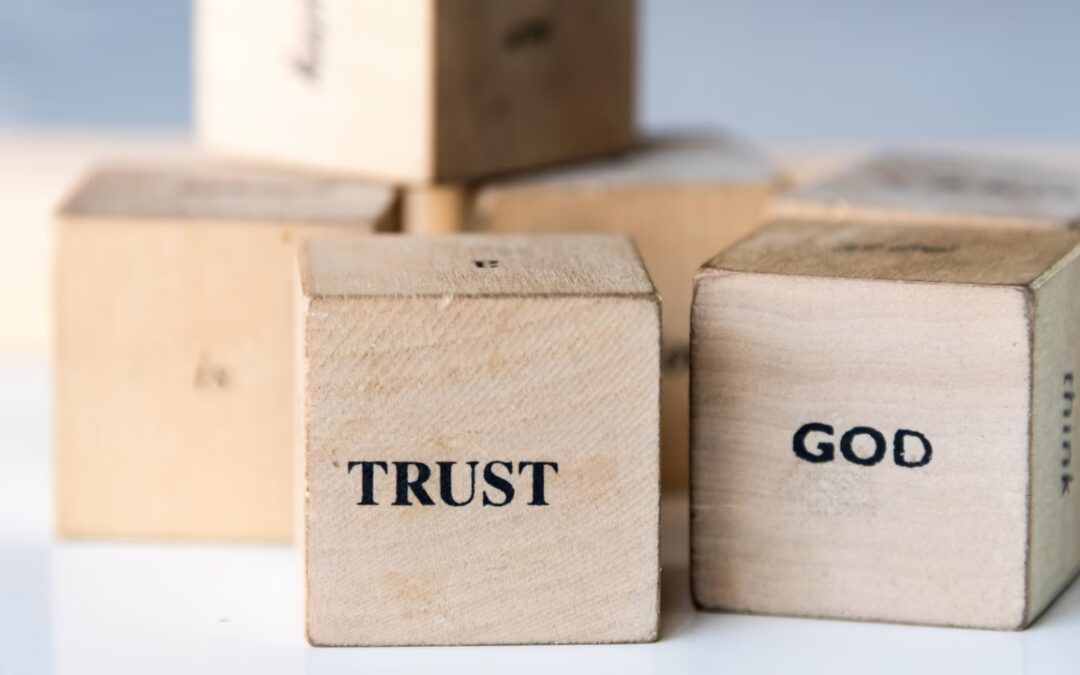This month, families and friends across the United States will gather to share a meal, to enjoy one another’s presence, and to celebrate and give thanks for the blessings we corporately and individually share.
Community, the gathering together of people, will be at the center of our celebrations.
In this case, community with be those who gather at the table, family and friends, all in the same place with the same plan for the day: a feast of Thanksgiving.
In modern society we find community is something people are often looking for; in fact, many churches state that one of their goals is to become more of a community. However, one characteristic of community in today’s culture is that it has become increasingly more age-segregated. Our opportunities to engage in meaningful interactions with people of different ages and generations are few and far between. In fact, according to family sociologist Dr. Karl Pillemer, this is the first time in history in which young people have little to no contact with older generations other than grandparents, leading Dr. Pillemer to claim, “This is the most age-segregated society that’s ever been” (Source).
Enter Thanksgiving.
This is one of the only times in our modern society in which we intentionally gather a bunch of people of all ages and generations into one space and anticipate conversation with one another. And, let’s all be honest, even with family it isn’t always easy.
Why is that?
Well, one reason is that these days people are more likely to have friends of another race than friends more or less than ten years apart (Source). That means we are used to talking to people who talk like us and do the same things as us and like the same TV shows as us and enjoy the same leisure activities as us. But believe it or not, that’s not really the best thing for us.
Studies show that when we spend time only with people our age, that leads to isolation and loneliness and greatly inhibits socialization in kids and teens and legacy-leaving in older people. The norms and practices of one generation fail to get passed to the next generation, and each generation is forced to create or find their own identity, including language and customs and behaviors.
Our community is no longer communal.
But that doesn’t mean we don’t gather.
Regardless of our discomfort, most of us will make an effort this month and next to step outside of our comfort zones and talk with people from varying generations and life experiences. We will swap stories, laugh at how things were, and laugh at how things are. And, if we are intentional, we’ll probably learn something new about us and something new about others.
What does this have to do with church? Well, the church in Western culture has not been immune to the impact of age-segregation. Age-specific ministries, curriculum, worship experiences, and facilities can create environments that make it difficult if not impossible to form intergenerational connections and nurture ongoing relationships across generations. As in the larger society, experiences of isolation, loneliness, and delayed socialization can happen within the church.
Our faith community is no longer communal.
But that shouldn’t mean we don’t gather.
Generational discipleship is one of the beautiful ways God gave us to pass on our faith to the next generation. And yes, just like those awkward moments at the Thanksgiving table, it can sometimes be difficult and uncomfortable. But just like those precious moments around the Thanksgiving table, it can be an unforgettable opportunity for joy, love, and celebration.
What would happen if we did gather together, adults and kids, and gave thanks through worship and community on a consistent basis? What stories could we swap? What laughter could we enjoy? What could we learn about ourselves and others?
This Thanksgiving, as we grab that second helping of turkey, let us pause for a second and look at the people who surround us and give thanks for community and for the experience of being in it, even the uncomfortable bits.





